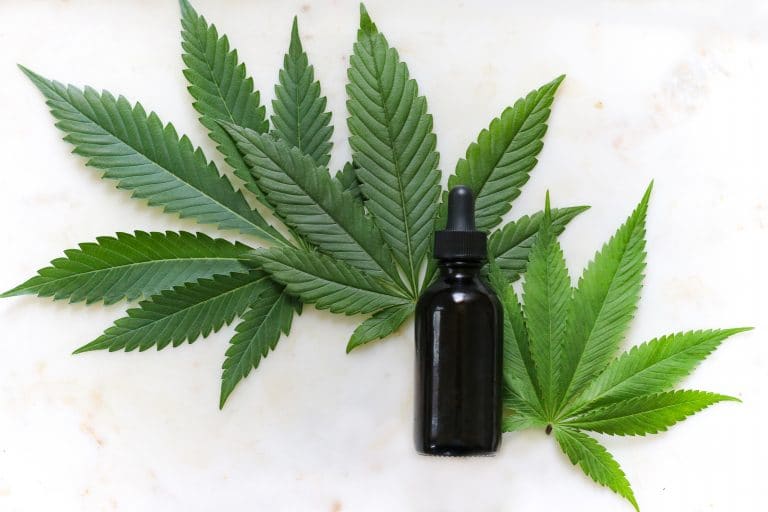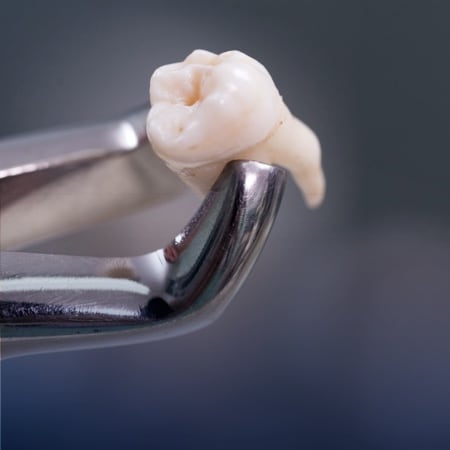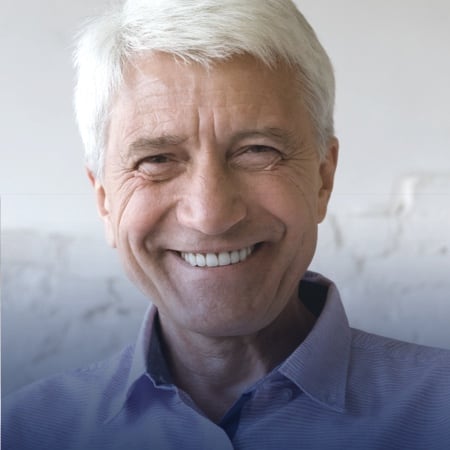The legalization of cannabis use in Canada has reached its 1-year anniversary.
Over the past year, the healthcare industry – including oral healthcare – has had to take this into account as we update and adjust our practices to accommodate this new reality.
However, unlike other societal changes that have impacted how we practice, cannabis use by patients still represents many unknowns to dentists and specialists alike.
One of the most pressing question for those of us involved in practices requiring patient sedation is: how does the use of cannabis by patients affect their sedation?
Limited Data = Limited Knowledge
Cannabis remains illegal for recreational purposes in most countries around the world.
Legalization and decriminalization has only occurred in a handful of nations such as Canada, Uruguay, Spain, and Portugal.
Other nations, such as the Netherlands and the United States, have taken a more select approach by restricting its legal consumption to specific areas or establishments.
The result is that research involving cannabis remains limited.
While some studies, such as those referenced here, have yielded a handful of conclusions…
…Studying the effects of cannabis on patients continues to be a political hot potato that many research institutions prefer to stay clear of.
Does Cannabis Use by Patients Affect You?
According to the United Nations Office on Drugs and Crime’s 2017 World Drug Report, cannabis use among American adults over the age of 26 increased by 46% between 2007 and 2015.
During this same period, it was estimated that as much as 13.5% of the adult population in the United States used cannabis at least once, either for medicinal or recreational purposes.
Despite cultural and legal differences between the United States and Canada, it is reasonable to conclude that a similar proportion (plus/minus) of your adult patients has also used cannabis at some point.
Further, the main ingredient in cannabis, THC, is known to have a half-life between 5 and 13 days with total elimination from the body taking up to 25 days.
Therefore, although your patient may not be exhibiting any signs of cannabis use during their visit to your office today…what they did yesterday or last weekend may still be a factor in the effectiveness of their sedation.
How Does Cannabis Affect Sedation?
As outlined in a 2019 report in The Journal of the American Osteopathic Association, it is currently believed that THC interacts with the body’s opioid and benzodiazepine recepters.
As a result, it is suggested that patients who regularly use cannabis may require more sedation than patients who don’t use cannabis often or at all.
Unfortunately, insufficient research has been carried out in this area to make definitive conclusions.
However, other studies support this assertion including a 2009 Australian study, a 2014 Pakistani study, and a 2015 German study.
The Australian study examined the effect of cannabis use on the effectiveness of propofol and concluded that a higher dose of propofol was needed during anesthesia.
The Pakistani study and the German study supported this conclusion, finding an increased dosage of sedation medication was need.
Similarly, The 2019 report found that cannabis users required 14% more fentanyl, 19.6% more midazolam, and 220.5% more propofol to achieve the required level of sedation.
What Can We Conclude?
First and foremost, it can be concluded that far more research needs to be conducted on how the frequent and infrequent use of cannabis by patients affect their sedation.
That being said, the work already done does seem to indicate a strong correlation between a patient’s use of cannabis and the need to increase the dose of sedation medications.
While the exact effect has yet to be determined, it is clear that, as an oral healthcare practitioner, knowing if your patient has used cannabis prior to sedation can have a affect on how you go about providing exceptional treatment.
References:
Filsberg P, Paech MJ, Shah T, Ledowski T, Kurowski I, Parsons R. Induction dose of propofol in patients using cannabis. Eur J Anesthesiol. 2009;26(3):192-195.
Karam K, Abbasi S, Khan FA. Anaesthetic consideration in a cannabis addict. J Coll Physicians Surg Pakistan. 2015;25(suppl 1):S2-S3.
Richtig G, Bosse G, Arlt F, von Heymann C. Cannabis consumption before surgery may be associated with increased tolerance of anesthetic drugs: a case report. Edorium J. 2015;6(7):436-439.










